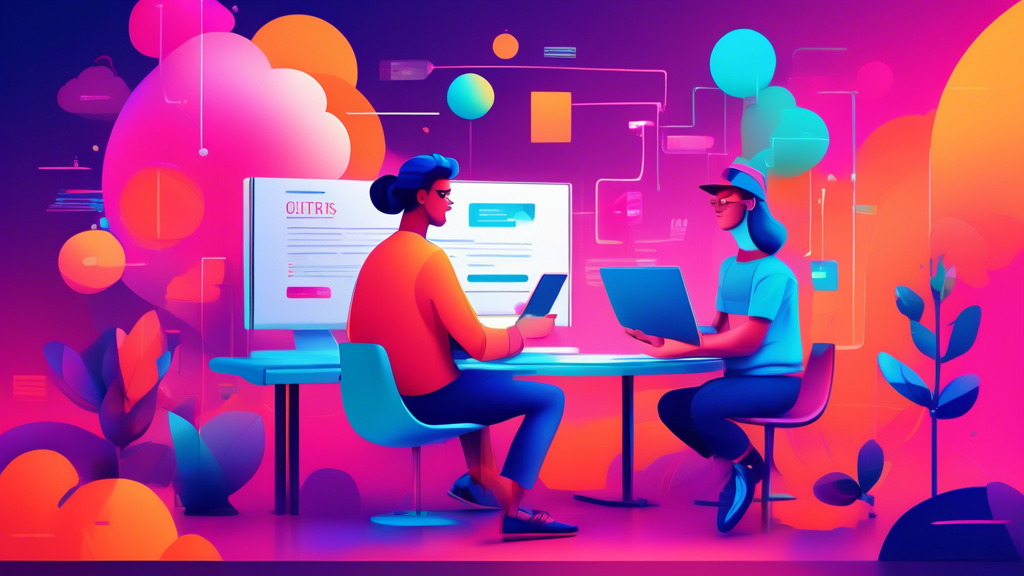
ChatGPT’s Internet Limitations and Alternatives
One of the most significant and frequently misunderstood aspects of ChatGPT is its inability to access the internet in real-time. Unlike search engines or live-chat options, OpenAI’s ChatGPT is trained on data only up to a certain cutoff date—April 2023 for the current model. This limitation often leads to misconceptions about its capabilities. Many users mistakenly believe ChatGPT has real-time internet access, including functionality for browsing URLs. In reality, the AI generates responses based on its existing dataset, using educated guesses and even hallucinations when dealing with URLs, potentially leading to inaccurate information.
Despite these constraints, ChatGPT can still serve a plethora of functions effectively. For example, it can answer questions, provide recommendations, and perform various text-based tasks based on the data it has been trained on. Additionally, OpenAI has incorporated a specialized tool known as WebPilot. This tool can search the internet when specifically requested by users, providing an avenue for somewhat current information. However, the use of this tool is contingent upon user instruction, making it an optional, rather than default, feature.
User Challenges and Privacy Measures
Notably, many users have expressed frustration with ChatGPT’s limitations, particularly those who have paid for upgraded services expecting more robust capabilities. These frustrations are often centered around the provision of outdated information and the sporadic reliability of the tool. Such issues underscore a significant need for users to understand the scope and limitations of AI tools before committing to them for critical tasks.
On the flip side, the constraints imposed on ChatGPT are part of a strategic design choice by OpenAI to enhance user privacy and ensure adherence to content policy guidelines. By limiting real-time internet access, OpenAI significantly reduces the risk of exposing users to harmful or unverified content. In parallel, OpenAI has curated specialized tools to circumvent some limitations while ensuring compliance with privacy standards. For example, OpenAI’s browser function allows controlled access to current or specific online information, making sure that any real-time data access is executed in a structured, policy-compliant manner.
Future Directions and Enhancements
OpenAI acknowledges the needs and challenges faced by its user base and is actively working on improving ChatGPT’s functionalities. For instance, planned developments include introducing various plugins that could potentially enhance ChatGPT’s internet access features. These modifications aim to bring more dynamism and real-time capability to the AI, thus improving user satisfaction and addressing common pain points.
In the interim, users can leverage complementary tools such as Bing’s cached pages to glean more recent information. Bing provides access to snapshots of web pages that have been crawled, enabling users to access relatively current data. While this is not a perfect substitute for real-time access, it serves as a pragmatic solution for mitigating some of the limitations associated with ChatGPT. Overall, while OpenAI’s ChatGPT is not without its challenges, its evolving landscape promises to bring more robust solutions that balance functionality with user privacy and content integrity. #logisticsnewsnetwork #LNN #LNNews #E-commerce #Logistics

